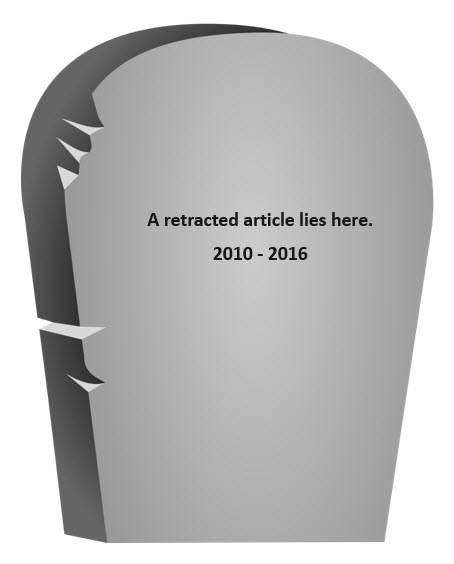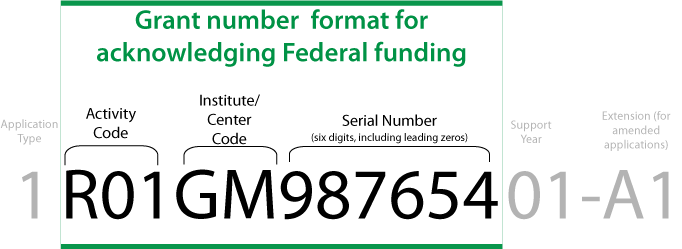Finding Tombstones in the Literature
Did you know that the word tombstone can also refer to a work that has been retracted after publication? The record for the work remains in the database as a placeholder and contains information as to the retraction along with a link to the retraction notice. Per Retraction Guidelines from the Committee on Publication Ethics [Read more]



